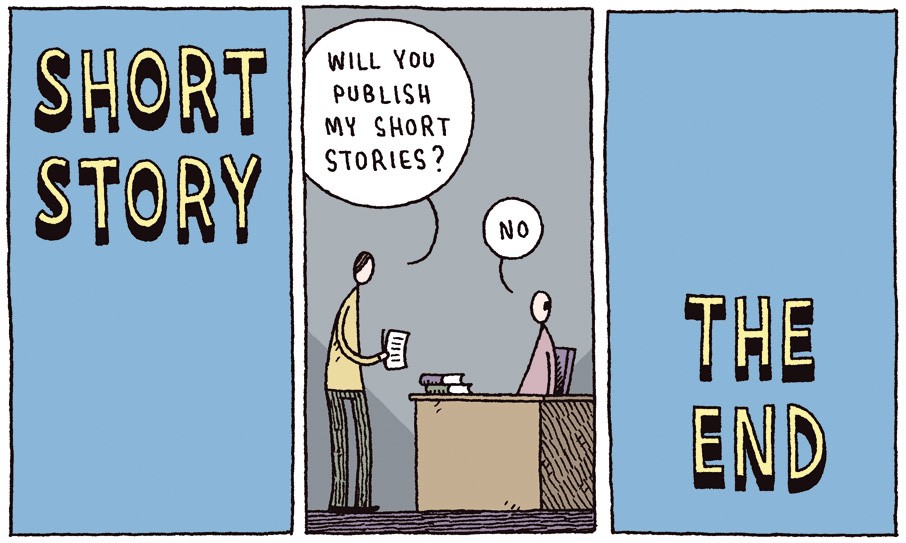Books & Culture
Medicine without the Macabre
Melissa Yancy’s debut collection is a powerful collection about the human condition at its frailest and most fraught with complication

It takes a certain amount of chutzpah to write a short story collection about modern medicine, and about the dignities and indignities of the humans trying — and sometimes failing — to survive it. And beyond chutzpah, it takes a certain grace, a certain understatedness, a certain roving remove and keen perspective, and a certain wry wit to pull it off. In other words, it takes a writer like Melissa Yancy, and a book like Dog Years, a slim and powerful collection of short stories about the human condition when it’s frailest and most fraught with complication.
When writing such high stakes fiction, it’s easy for a writer to get maudlin, for a dark story to turn almost comically gothic. Yancy avoids these pitfalls with a clear understanding that the darker the subject matter, the more subtle the telling. At the same time, these stories are not cold, the subjects not bodies on a slab — not just yet. Yancy writes a warmth and a fire into her characters, as they look death or medical disaster in the face and do not do the proverbial flinching.
In “Hounds,” for example, Yancy gives us a character who does just that — removing any moral lesson or patriotic sentiment out of a veteran’s dreadful war wound, and forcing her — and us — to really see the cost of what war does:
“The man had no face. Or more precisely, he had a flap of skin stretched over the maw of his head, a way station between the busted gourd his face had been and the crude child’s rendering of a face it may, after a dozen surgeries, someday be. Jess forced herself to look at the smooth divots where the eyes should have been, as though the horror of it could reveal something fundamental about herself.”
It could be the beginning — or end — of a horror story, but Yancy handles the material, and the subsequent revelations and human relationships, with such grace and subtlety that horror is replaced, slowly, by a different, and indeed, darker revelation about our protagonist. In the typical horror twist, it turns out the monster is not the monster after all.
This is true for much of the collection, which often uses external injuries and decay as an entry point into a discussion of what makes us work as people — beyond machines and into personhood, or discussion of the soul. In the excellent “Consider this Case,” Yancy writes of a doctor’s reflection on his father’s last illness:
“It is not until later, after he has dried his father and put him in his proper pajama set and gone to sleep on the couch so he can come to him in the night, that he closes his eyes and finally sees his drooping breasts, the last tuft of hair sprouting proudly on his concave chest, his skin so translucent it’s a roadmap, a surgeon’s dream.”
If anything, there may be a few too many stories where physical weakness reveals true inner character — but it’s hard to fault Yancy for writing about a universal topic and an endlessly fascinating one, at that. If love is perhaps the more typical entry point into character, then why not illness, too? In sickness and in health, go the vows, and of course there’s a reason we promise to stay true specifically in the first case. And in the face of a sick child, or a lost pregnancy, relationships shift and people are tested in ways that make for excellent character exploration and empathetic reading.
Yancy also expertly pairs human foible with medical reality in ways that expose the absurdity of the human condition and our own uncomfortable ways of being in the world. In “Go Forth,” a woman who’s been the recipient of a kidney is going to meet her donor, and there is something more than gratefulness here — a sense that she can live some other life or adventure through this donation. She tells her husband she hopes her kidney donor is a black man, and when he expresses his confusion, she explains, “I want it to be someone different from me.” “You’ll be disappointed if it’s a white woman?” he asks. “A little,” she admits.
A collection like this one would never work layered under baroque or ornate prose, given the deeply dramatic subject matter. Or rather, it could work, but Yancy clearly doesn’t mean to write another Frankenstein. The tight, tidy prose is all the more powerful here in the face of often startling revelation, and helps us stay with the everyday focus of the characters themselves, as opposed to wallowing in cosmic concerns or greater grief.
And in keeping things understated, in keeping us pointed towards the small important observations about what it means to be a person — in a body, well or ill — Yancy rather often turns out gems like this one, from the title story:
“The difference between Ellen and Gordy is that she finds purpose, not meaning.”
To read this beautiful book is to understand that the smallest differences are the greatest gulfs to cross, and yet our weak human bodies may get us there in the end.









